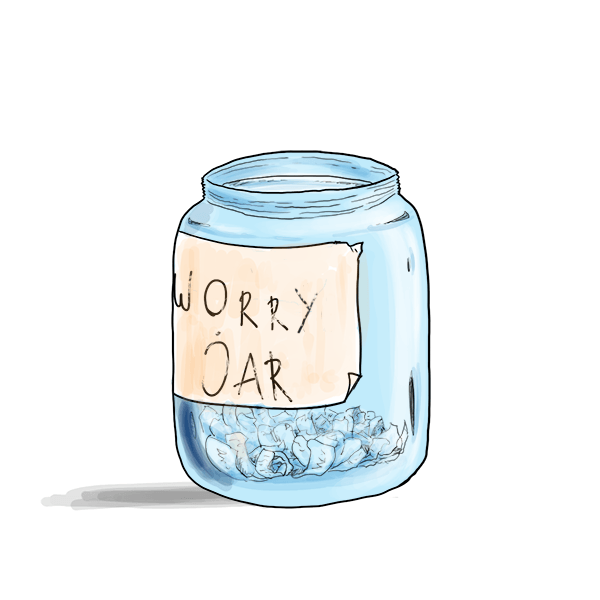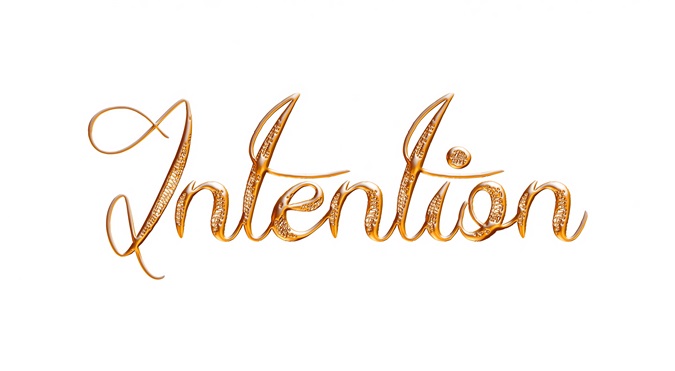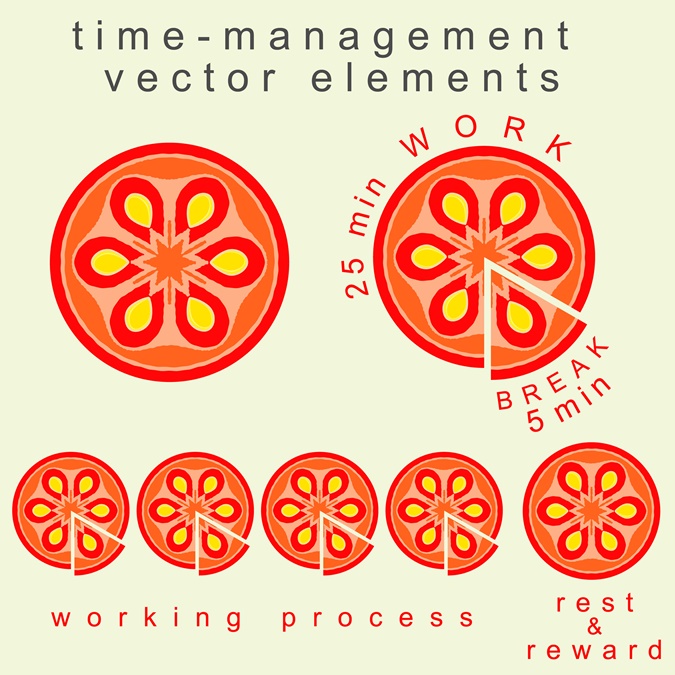Coping strategies for difficult times
As my family and I learned to grapple with this new reality, there were some coping mechanisms we use to support us. They helped me to begin to make sense of our experience. Many of the ideas I discovered in a powerful and moving memoir written by Ingrid Poulson called Rise. In 2003, Ingrid’s estranged husband killed her two young children and her father. This harrowing experience understandably tore Ingrid’s life apart. With time, she began to recognise her resilience and her journey through the healing process led her to have a rich and rewarding life once again; although immeasurably different than anything she’d once imagined.
Very few people will go through such an incredibly traumatic event but we DO all experience challenges, grief and difficulties in life. These following techniques I have personally benefited from and I’ve noticed a significant reduction in my stress levels.
Define resilience according to your own experience:
When you are going through a difficult time people might remark at ‘how strong you are’. Strength is an amazing quality but not at the expense of your own wellbeing. True strength lies in your ability to accept the grieving process—as painful as it is—and to allow yourself the time and space to process the undulating emotions that come. It’s important to give yourself permission to feel and honour the truth of your experience. Ingrid discusses how resilient living relies on “developing good social connections, as well as nurturing positive personal qualities”. If you are experiencing a difficult time, reach out to your support network and identify positive personal qualities you’d like to foster. For example, I am nurturing and curious by nature. This has led me to better understand cholesterol, vegetarian diets, and the impact of stress on heart health. I’ve noticed this has helped me adapt to certain changes in diet and lifestyle.
Resilience involves behaviours, thoughts and actions:
Resilience is not a passive act. The American Psychological Association states “resilience is not a trait that people either have or do not have. It involves behaviours, thoughts and actions that can be learnt and developed in anyone”. I believe, for this reason, resilience is often a trait discovered in retrospect; something you don’t actually know you have until you need it. For example, some of the most resilient people in life have lived through incredibly traumatic events, processed their grief and come out the other side stronger, wiser and often more compassionate because they know pain deeply. Looking back, we can see how our behaviours, thoughts and actions helped us to survive and make it through painful events. However, it also affects our future behaviours. What we’ve seen cannot be unseen. Now I know heart disease is in my family, I can begin to make informed choices so my behaviours, thoughts and actions will strengthen my resilience.
Listen carefully to stories people tell you about negative events:
How people talk about their experiences informs us whether they are coming from a place of survivor or victim. It is common for people to have a pity party if things aren’t going right, however if they seem to be stuck in it then it can become draining for those around them. People who are surviving resiliently will frequently refer to good luck, good fortune and blessings during the narrative. Resilient people are armed with a full story, they will tell you lessons they learnt and what they did to overcome the ordeal. Carefully listening to the way people speak about things, will help you learn to distinguish between those who can properly support you and those who can’t. You can choose to limit your time with those who can’t and conserve valuable personal energy.
Turn your attention to something that you can complete:
“Seek mastery over one thing when everything else is in chaos” is wisdom of resilient thinking. When you choose to focus on one thing you can do, it will help to increase your sense of confidence and keep feelings of overwhelm at bay. A friend went through a health crisis some years go which had a snowball effect in her life. She had to stop working and sell her apartment just to get by. I often found her steam cleaning her carpets or cleaning her home. While everyone around her thought she should rest, she told me she found a sense of calm by focusing on these tasks. Pick one thing you can complete and immerse yourself in it.
We don’t have control over what happens to us in life:
Ingrid exquisitely describes this: “Diets are sold to us under the illusion that we can use them to control our weight. But in fact we can’t control our weight, we can only control what we eat”. This Ingrid writes applies to the whole of life. “We can make all our choices with the best belief and intention that things will go our way. But we can never guarantee the outcome”. I found these words to be reassuring in the face of my family’s challenge. We can choose to follow a treatment plan and have the positive belief things will go our way, but we don’t have control over what happens in life. Knowing what I can control and what I can’t has given me a sense of perspective.
Good and bad things happen despite the people:
“WHY did this happen to such an awesome person? It’s not fair.” Those words were going through my mind again and again. Since a very early age we are primed to believe good things happen to good people and bad things happen to bad people. This isn’t a realistic formula. People are people and life happens—the good and the bad. In her memoir, Ingrid writes “it is the unanticipated events that will change your life, and they will be large, unpredictable and usually UNFAIR”. Having this understanding has helped me let go of my question that can never be answered.
Start a worry jar:
Some people visualise a shelf, some people use worry dolls, and we placed a jar on the kitchen countertop and labelled it ‘Worry Jar’. It acts as a nice reminder to let go of the free floating anxiety and worry around unknown fears and outcomes. We write down what is worrying us on a piece of paper (irrespective of how ludicrous it sounds) and put it in the jar. Then we let it go. Try it! Once the worry is placed in the jar you are no longer allowed to worry about it. If it comes back into your mind, then let it go again. It’s already in the jar. Sometimes, as a family, we go through the pieces of paper. It brings us together as we laugh at some, note down others to speak to the physician about, some are no longer worries or we’ve implemented change to curb them, and some still sit in the jar to hang around for a bit longer, teaching us patience and compassion.
Difficult times knock on everyone’s door at some point in life. Resilience comes from the way we handle them. Have a look at Ingrid Poulson’s inspiring TED Talk here and let me know what you think.
Words To Grow By
Anne Lamott
“I do not at all understand the mystery of grace – only that it meets us where we are but does not leave us where it found us.”






